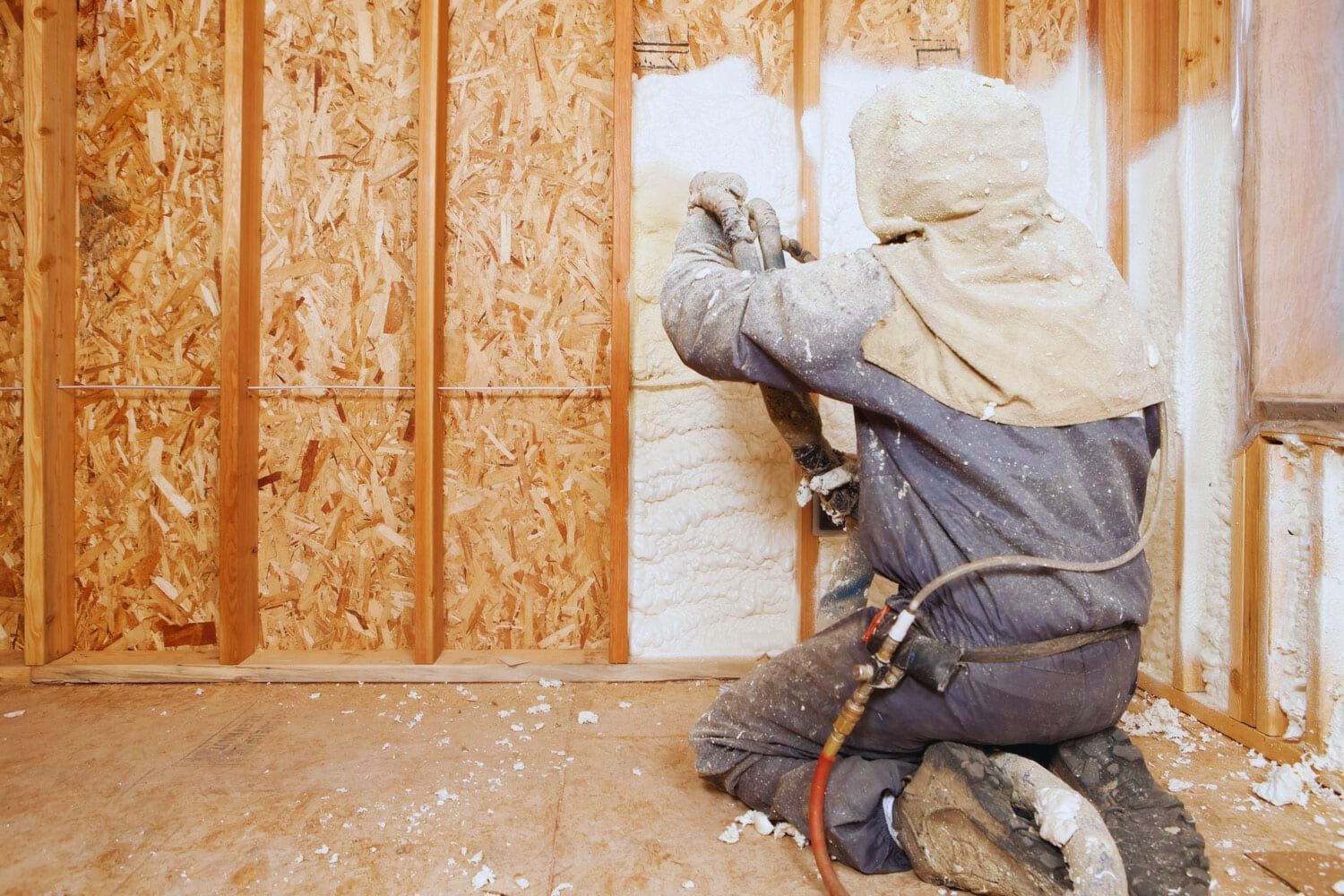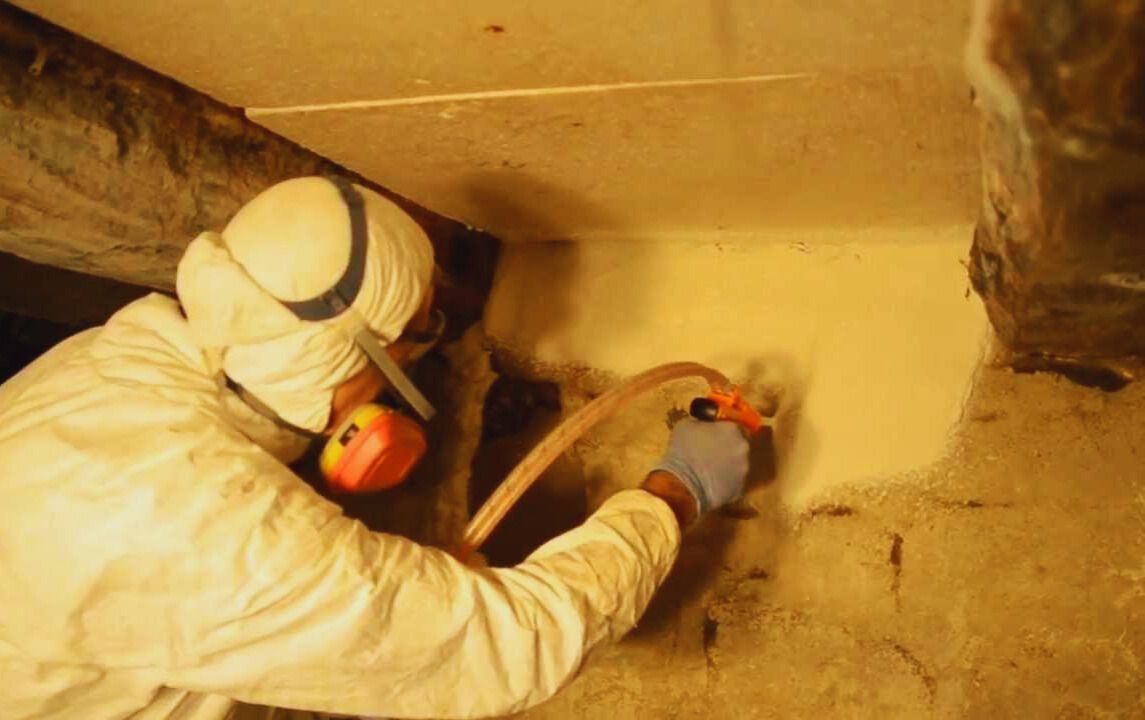In today's world, where energy conservation and cost-saving measures are at the forefront of every homeowner's mind, finding effective ways to reduce energy bills is essential. One of the most efficient and beneficial solutions available is spray foam insulation. This innovative insulation method not only provides superior thermal resistance but also offers numerous financial advantages. In this blog post, we will delve into how spray foam insulation can significantly reduce your energy bills, offering you long-term savings and comfort.
Understanding Spray Foam Insulation
Spray foam insulation is a high-performance insulation material that expands upon application, filling gaps and sealing air leaks. It is composed of two main types: open-cell and closed-cell foam. Open-cell foam is lighter and more flexible, providing good insulation and soundproofing properties. Closed-cell foam, on the other hand, is denser and offers superior thermal resistance and structural support. Both types have their specific applications, but they share the common benefit of improving energy efficiency in homes.
The Science Behind Energy Savings
The primary reason spray foam insulation is so effective at reducing energy bills lies in its ability to create an airtight seal. Traditional insulation materials, such as fiberglass or cellulose, can leave gaps and allow air leakage, leading to energy loss. Spray foam insulation, however, adheres to surfaces and expands to fill even the smallest crevices, preventing air infiltration and exfiltration.
Reduced Heating and Cooling Costs
Heating and cooling account for a significant portion of a home's energy consumption. According to the U.S. Department of Energy, heating and cooling can constitute more than half of a household's energy usage. By insulating your home with spray foam, you can dramatically reduce the workload on your HVAC system. Here’s how:
1. Minimizing Air Leakage: Spray foam insulation creates a seamless barrier that prevents drafts and air leaks. This means that your HVAC system doesn't have to work as hard to maintain a consistent indoor temperature, leading to lower energy consumption and reduced heating and cooling costs.
2. Enhanced Thermal Resistance: Closed-cell spray foam has one of the highest R-values (a measure of thermal resistance) among insulation materials. This superior insulation capability keeps your home warmer in winter and cooler in summer, reducing the need for constant heating or cooling.
3. Moisture Control: Spray foam insulation also acts as a moisture barrier, preventing condensation and moisture infiltration. This reduces the risk of mold growth and structural damage, which can be costly to repair. A dry, well-insulated home requires less energy to maintain comfortable temperatures.
Long-Term Financial Benefits
While the initial cost of spray foam insulation may be higher than traditional insulation methods, the long-term financial benefits far outweigh the upfront investment. Here are some of the ways spray foam insulation can save you money over time:
Lower Energy Bills
The most immediate and noticeable benefit is the reduction in your monthly energy bills. Homeowners who install spray foam insulation often report energy savings of 20-50%. These savings can add up significantly over the years, effectively paying for the insulation installation and more.
Increased Property Value
Homes with spray foam insulation are more energy-efficient and have better indoor air quality, which can increase their market value. If you decide to sell your home in the future, having spray foam insulation can be a strong selling point, potentially allowing you to command a higher price.
Extended HVAC Lifespan
Since spray foam insulation reduces the workload on your heating and cooling systems, it can extend the lifespan of your HVAC equipment. Fewer breakdowns and less frequent need for maintenance translate to additional savings on repair and replacement costs.
Utility Rebates and Incentives
Many utility companies and government programs offer rebates and incentives for homeowners who improve their home’s energy efficiency. Installing spray foam insulation may qualify you for these financial incentives, further offsetting the initial installation costs.
Environmental Impact and Savings
In addition to the direct financial benefits, spray foam insulation also contributes to environmental conservation, which can result in indirect cost savings and benefits:
Reduced Carbon Footprint
By reducing your home's energy consumption, spray foam insulation helps lower your carbon footprint. A more energy-efficient home uses less fossil fuel-generated electricity, contributing to fewer greenhouse gas emissions. For environmentally conscious homeowners, this is a significant advantage.
Sustainability and Durability
Spray foam insulation is incredibly durable and long-lasting. Unlike traditional insulation materials that may need to be replaced or topped up over time, spray foam maintains its effectiveness for decades. This durability means fewer materials and resources are required for maintenance and replacement, leading to further environmental and cost savings.
Real-Life Examples and Case Studies
To illustrate the effectiveness of spray foam insulation in saving energy and money, let’s look at a couple of real-life examples:
1. Case Study: The Smith Family Home
The Smiths, residing in a 2,500 square foot home in Texas, decided to replace their old fiberglass insulation with closed-cell spray foam insulation. Prior to the upgrade, their average monthly energy bill was around $300. After installing spray foam, their energy bill dropped to $180 per month—a 40% reduction. Over the course of a year, the Smiths saved $1,440 on their energy bills, and they expect to recoup the cost of the insulation within five years.
2. Case Study: Eco-Friendly Retrofit in California
A commercial building in California underwent an eco-friendly retrofit, including the installation of spray foam insulation. The building's energy usage for heating and cooling was reduced by 50%, resulting in annual savings of $25,000. The building owner also received a substantial rebate from the local utility company, further enhancing the return on investment.
Conclusion
Spray foam insulation offers a powerful solution for homeowners looking to reduce their energy bills and improve their home's comfort and value. Its ability to create an airtight seal, provide superior thermal resistance, and prevent moisture infiltration makes it an outstanding choice for energy efficiency. While the initial investment may be higher than traditional insulation methods, the long-term financial benefits, increased property value, and environmental advantages make spray foam insulation a smart and cost-effective choice.
If you’re considering upgrading your home’s insulation, Georgetown Premier Insulation can help you navigate the options and provide professional installation services. Contact us today to learn more about how spray foam insulation can save you money and enhance your home’s comfort and efficiency.









